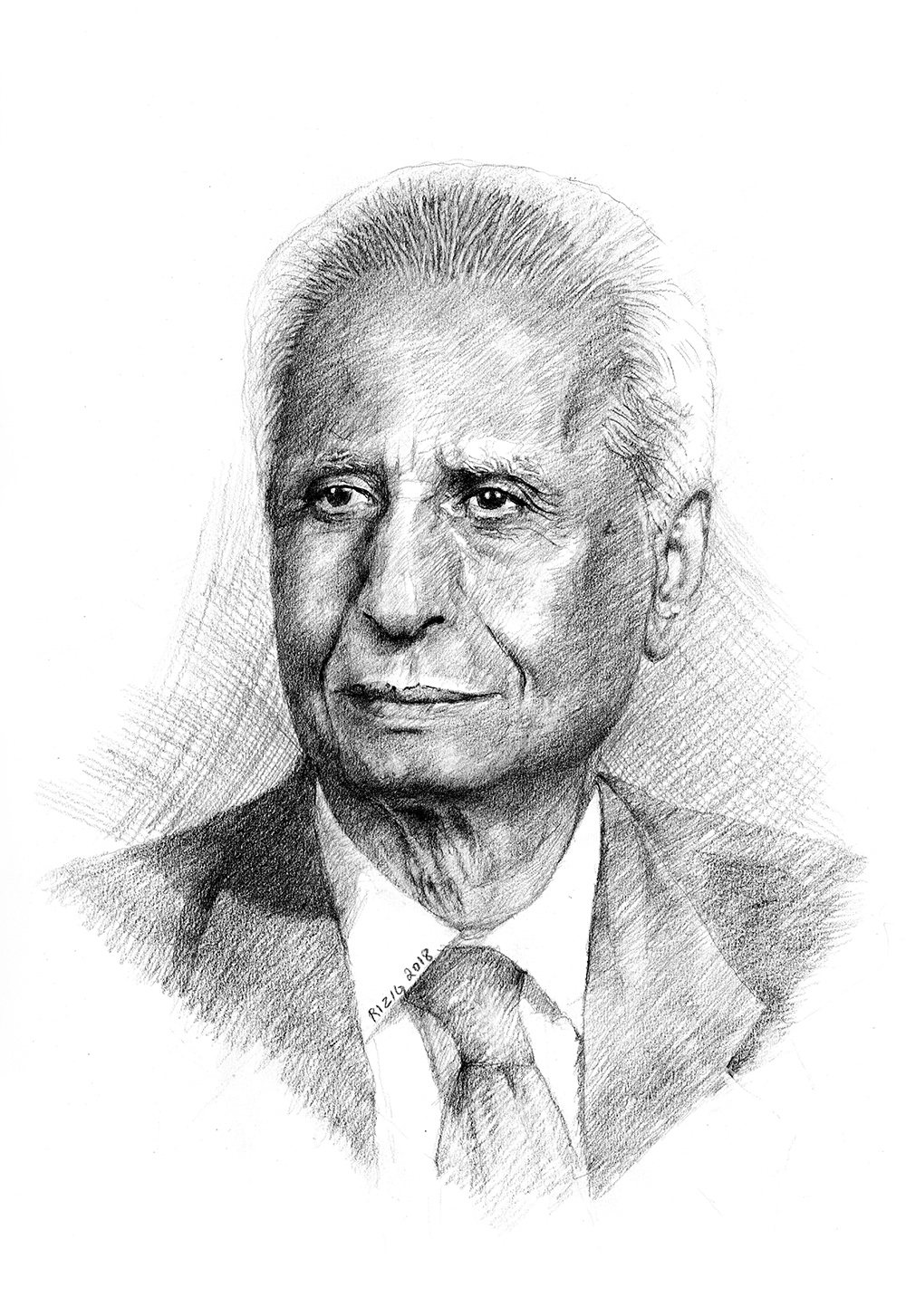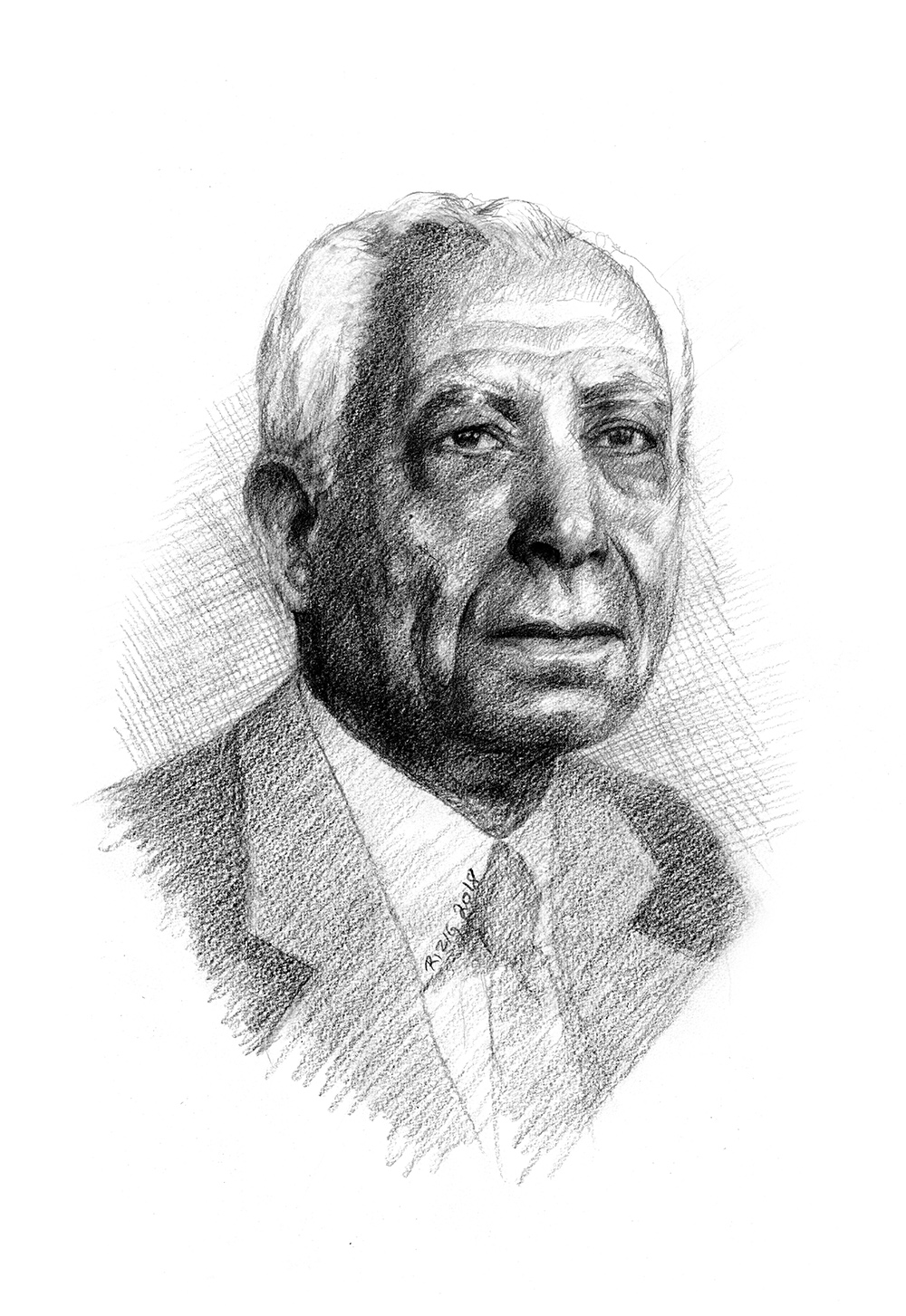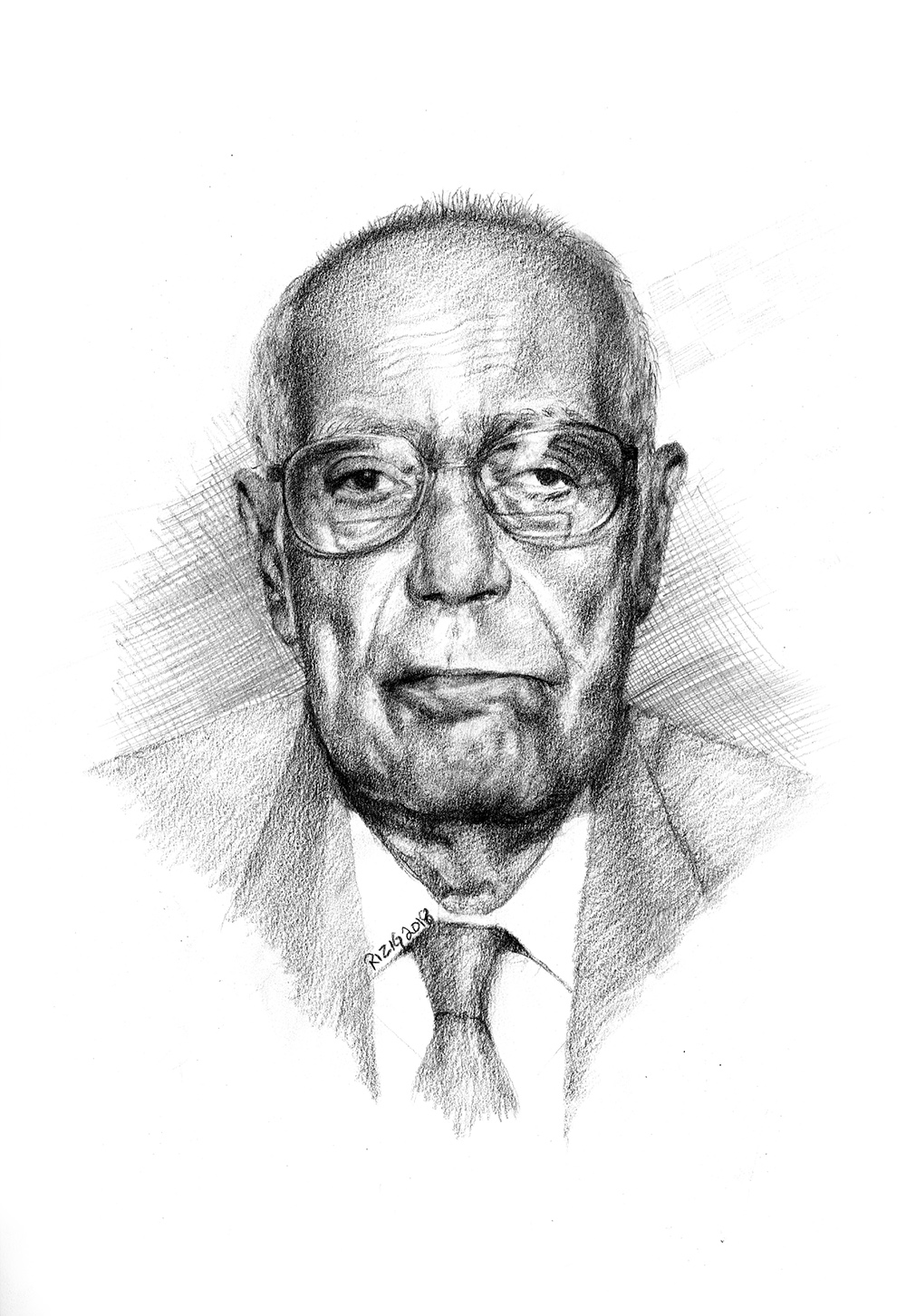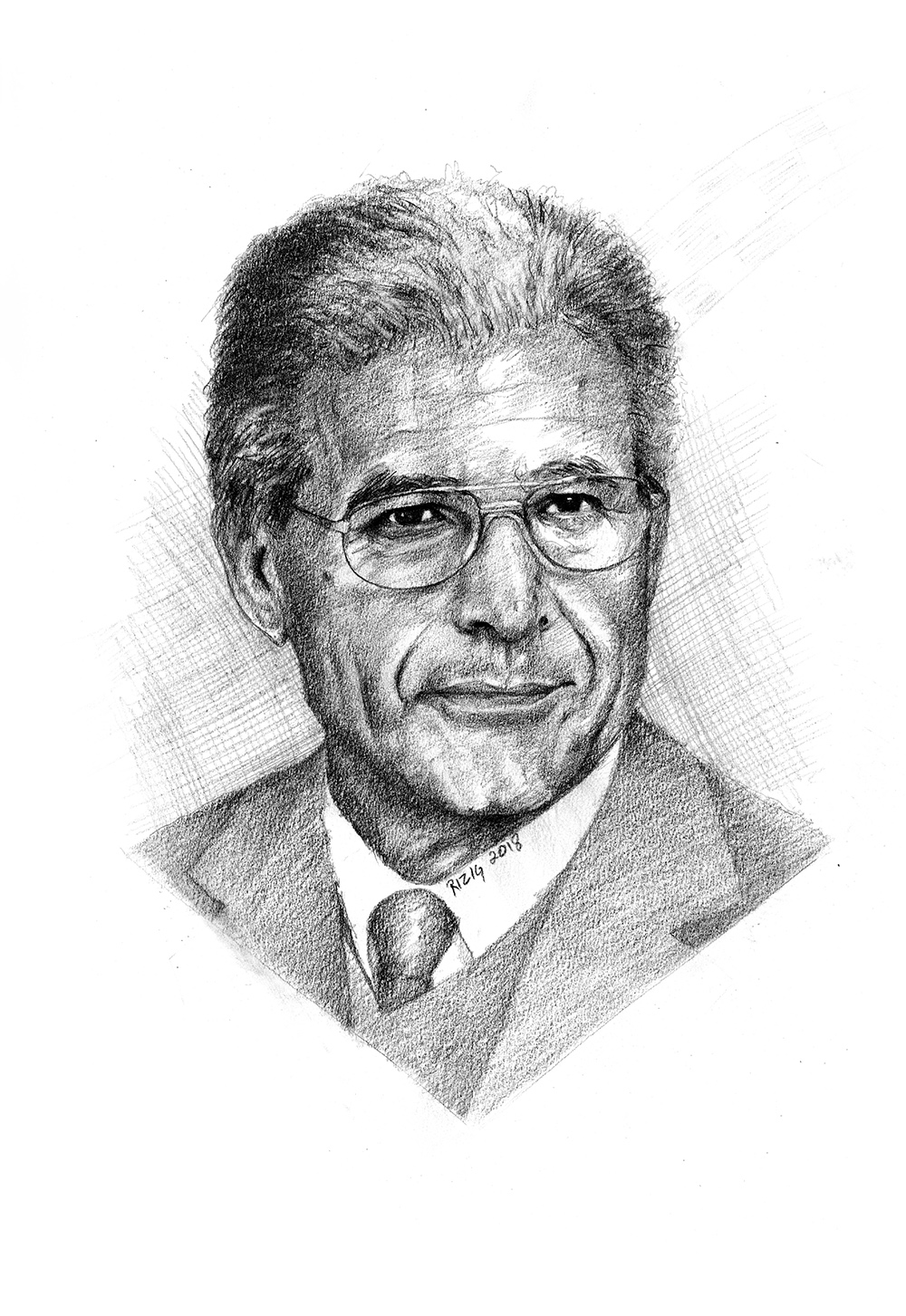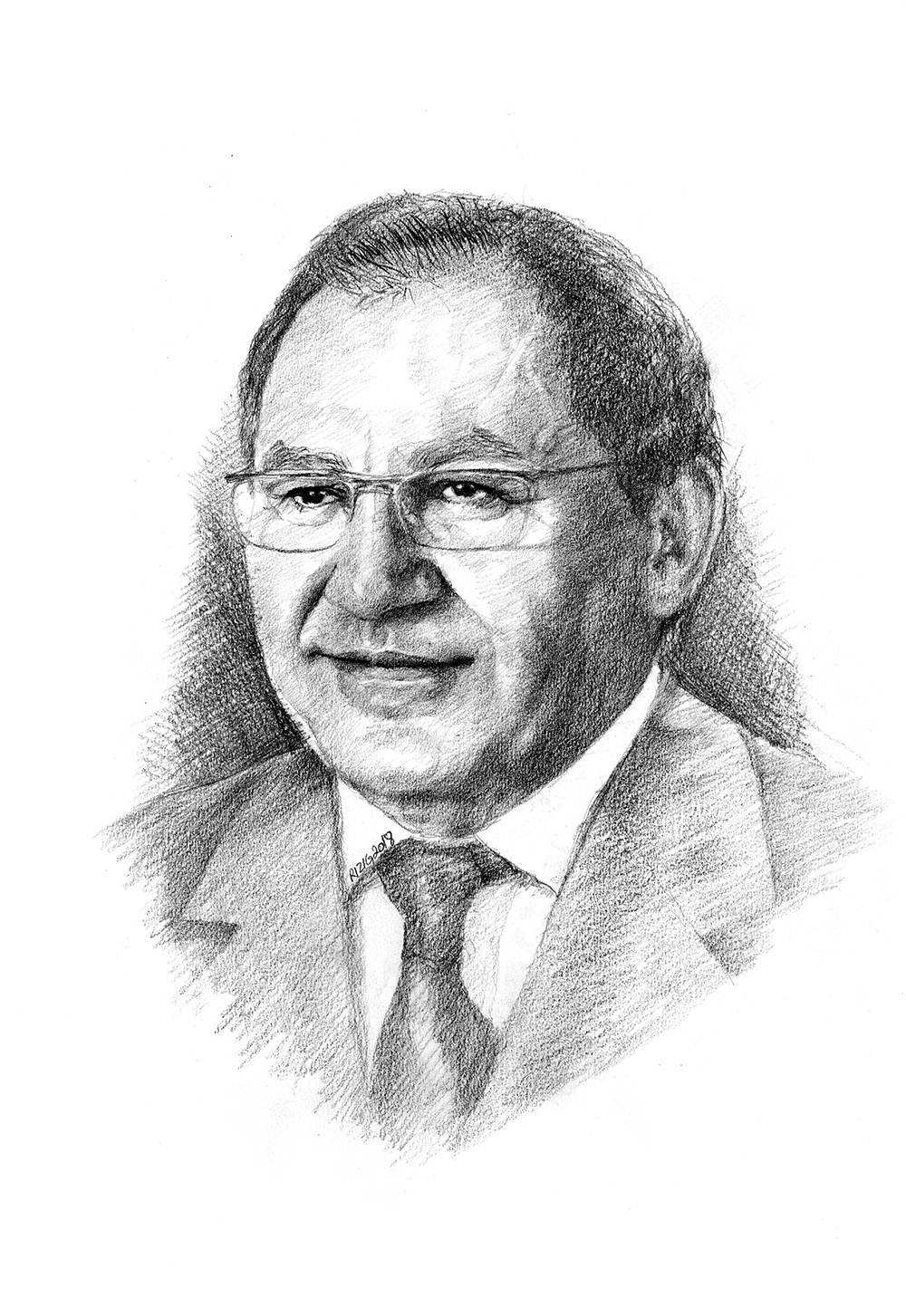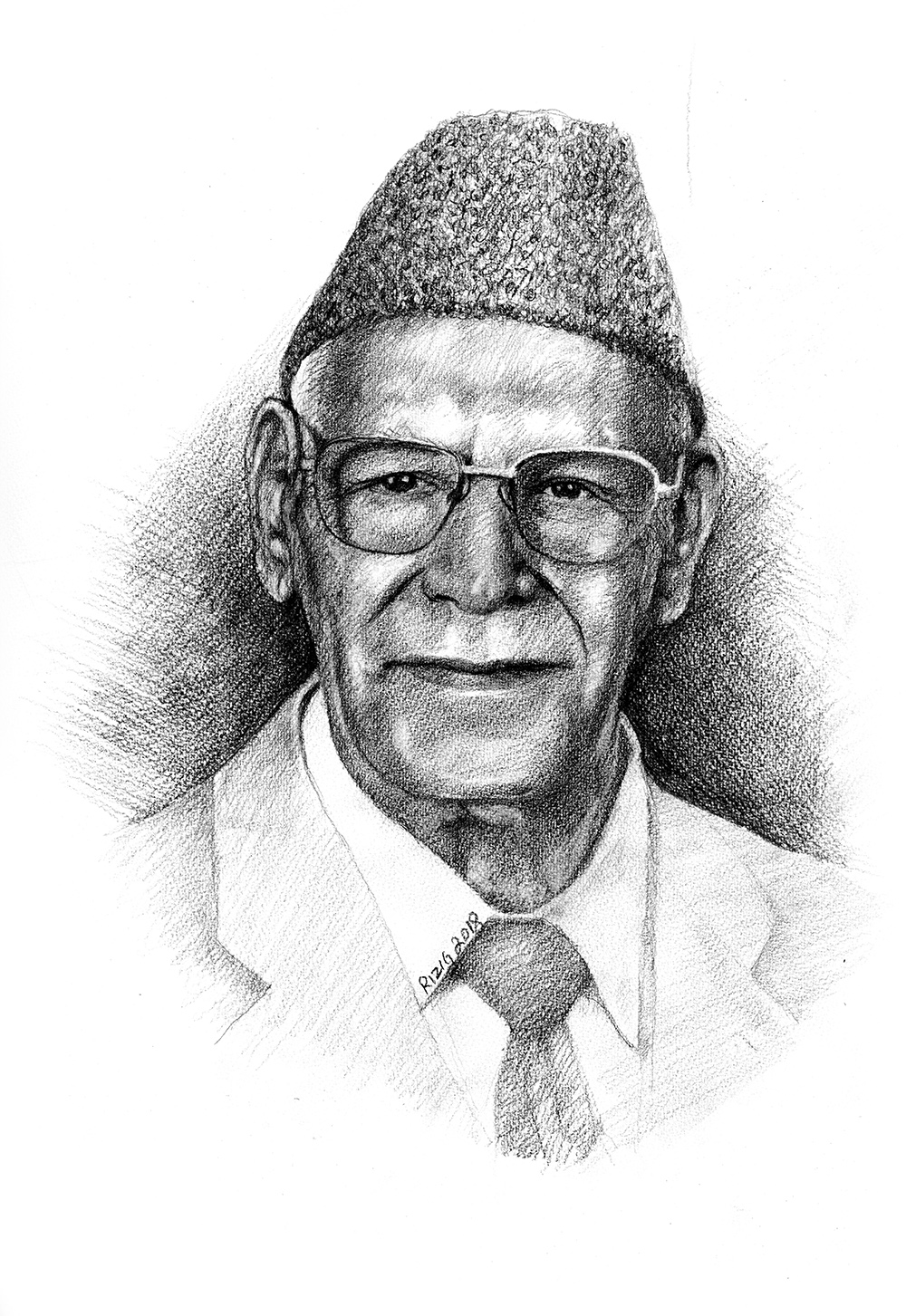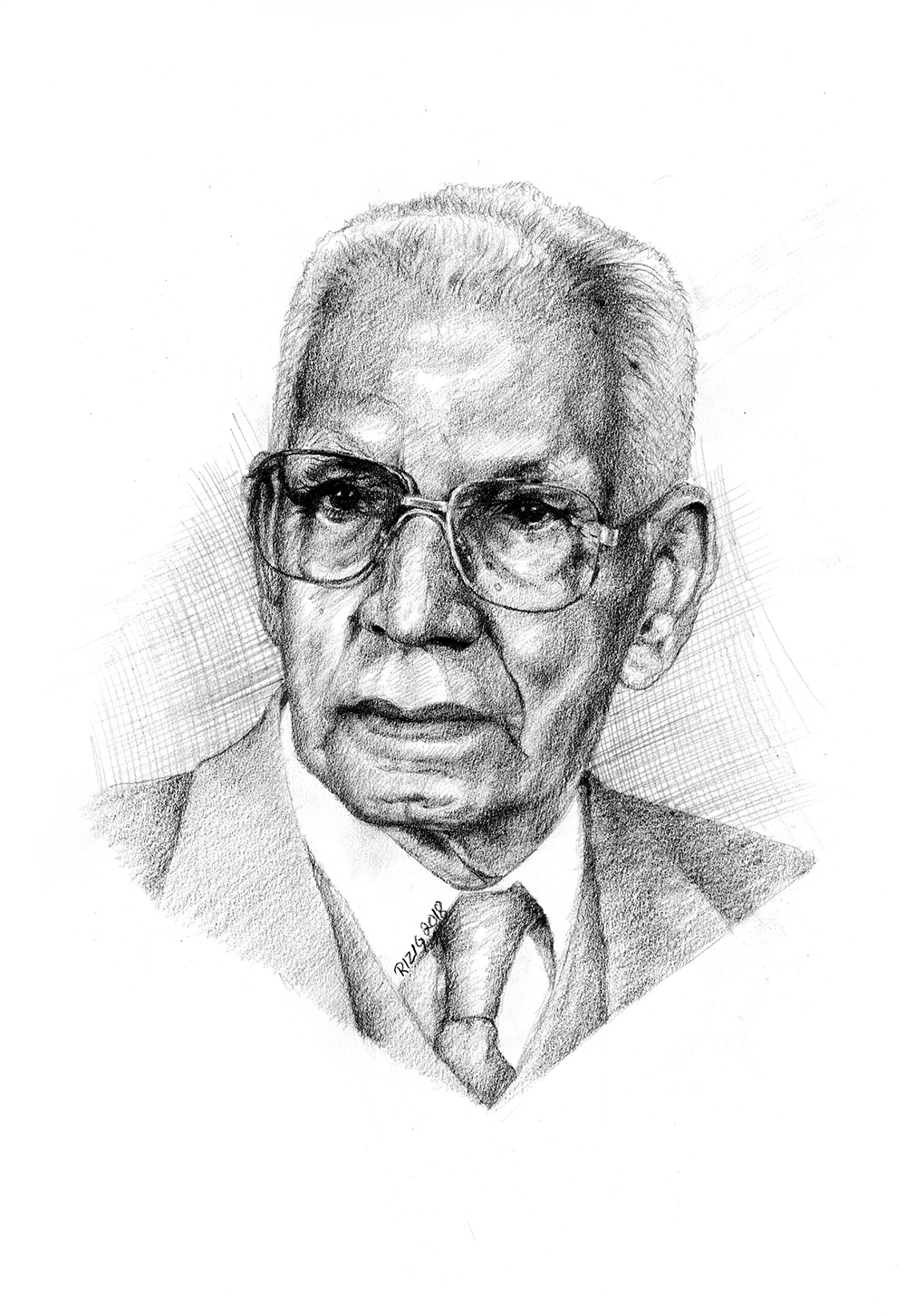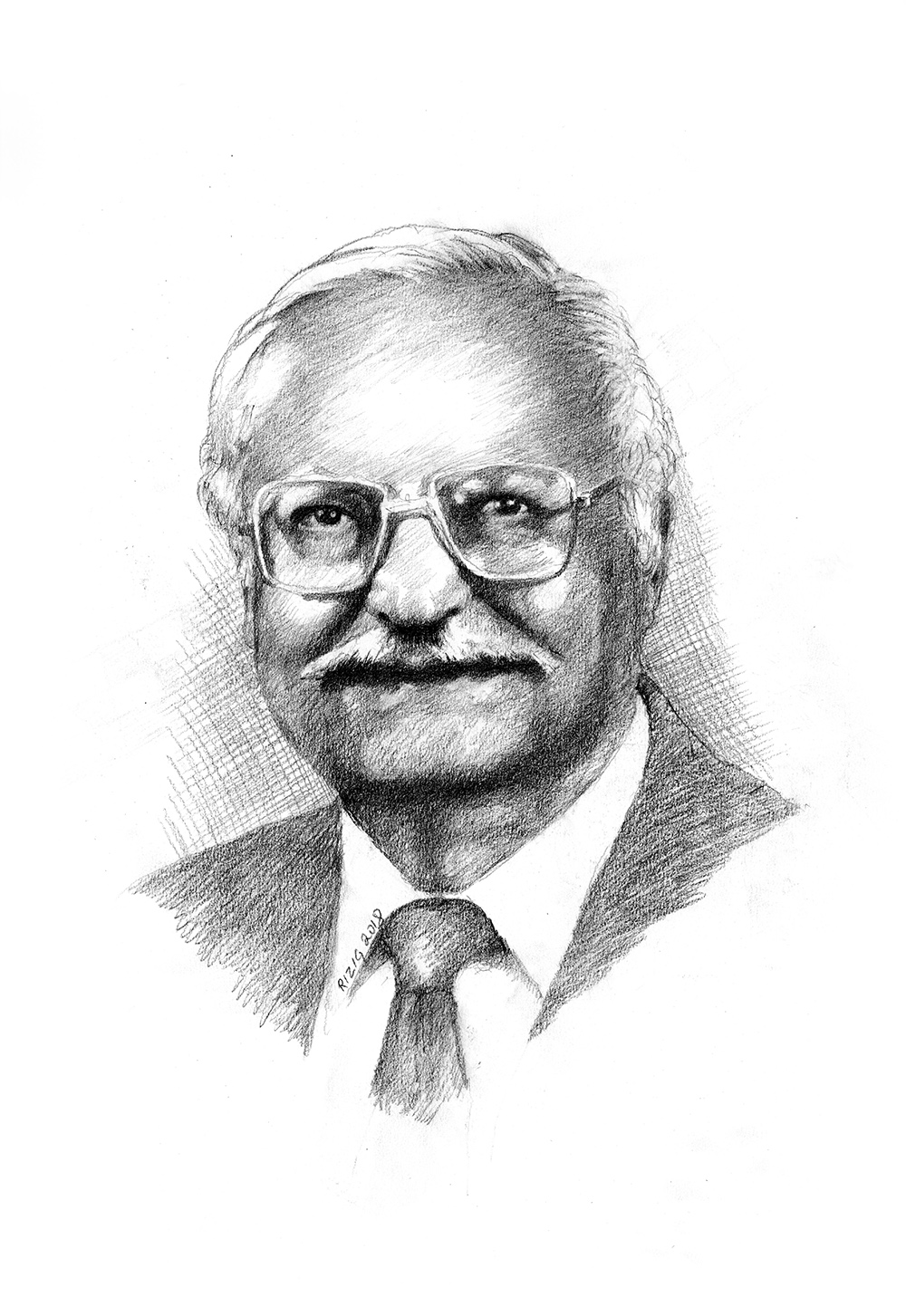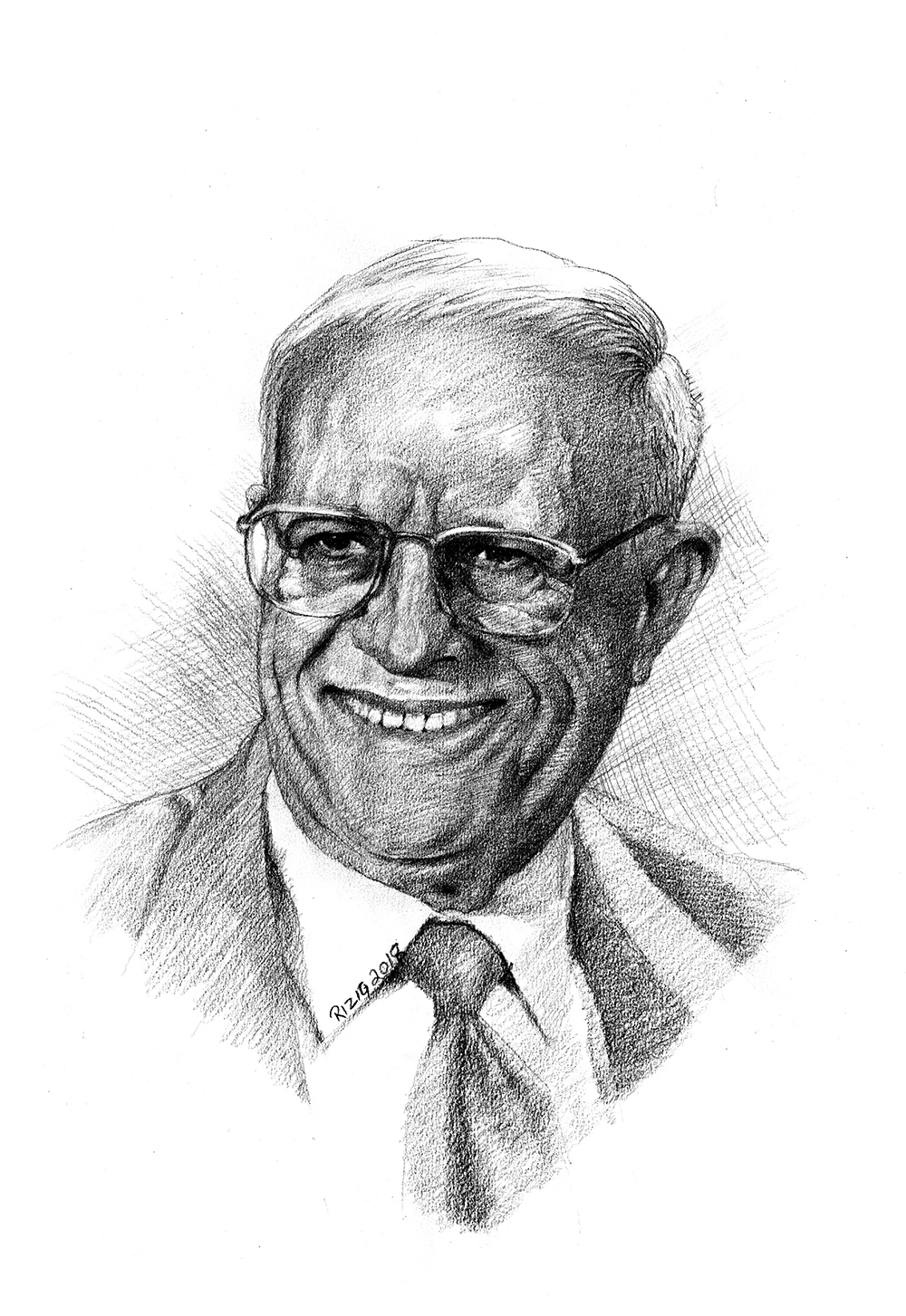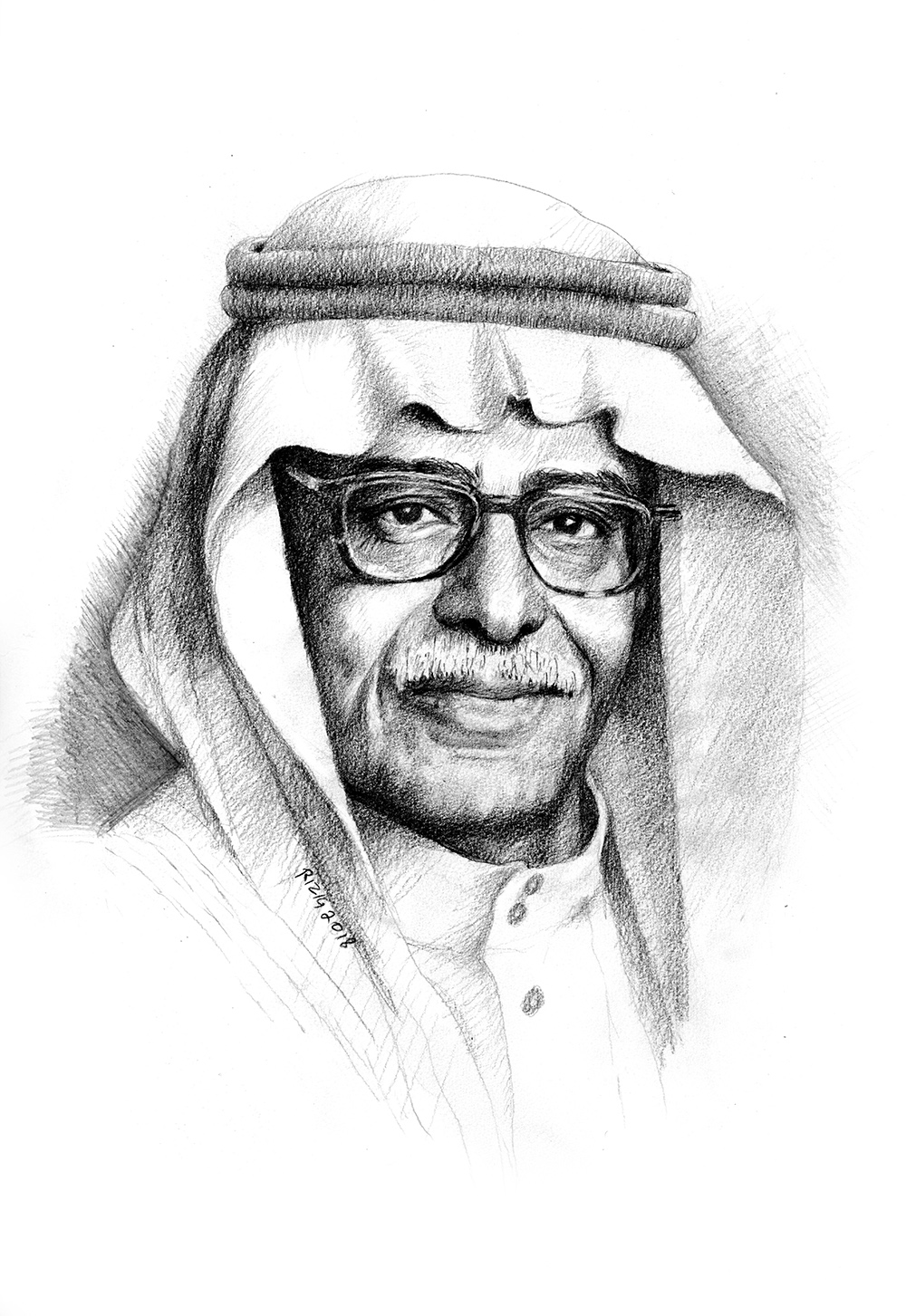Mohammad Hamzawi obtained his BA in Arabic Language, a Diploma of Higher Studies in Islamic Civilization and a State Doctorate in Arabic Language and Literature from the Sorbonne University in Paris in 1960. He also studied Hebrew, Aramaic and Syriac languages at Leiden University in the Netherlands.
Following his graduation in 1972, Professor Hamzawi joined the Faculty of Arts in the Tunisian University, where he rose to the rank of professor of higher studies in Arabic language. In addition, he was assigned several administrative, academic and cultural responsibilities in Tunisia including the posts of Director of Bourguiba Institute of Live Languages, Director of the Department of Higher Education of the Tunisian Ministry of Education, and Director of the International Cultural Center in Hammamat (Tunisia). He also served as professor of Arabic language in the United Arab Emirates University, Annaba University in Algiers, and Qaboos University in Oman; he worked as a consultant to the Arab Organization for Education, Culture and Sciences (ALESCO), and a member of the Arab League delegation to the Arab-European Dialogue in Florence. He is the founder of the Arab Society of Lexicography, founder and chief editor of the Arabic Journal of Lexicology and a founding member of the Association of Arab Research Councils.
He authored numerous articles and close to 25 books in Arabic, English and French. Among his important books on Arabic language terminology are: The Arabic Theory of Naht (which means coining one word from two or more words); Theoretical and Applied Lexicolography: Terms and Concepts; and A Dictionary of Modern Arabic Language Terminology. His distinguished contributions were recognized by medals from Tunisia and France.
This biography was written in the year the prize was awarded.

